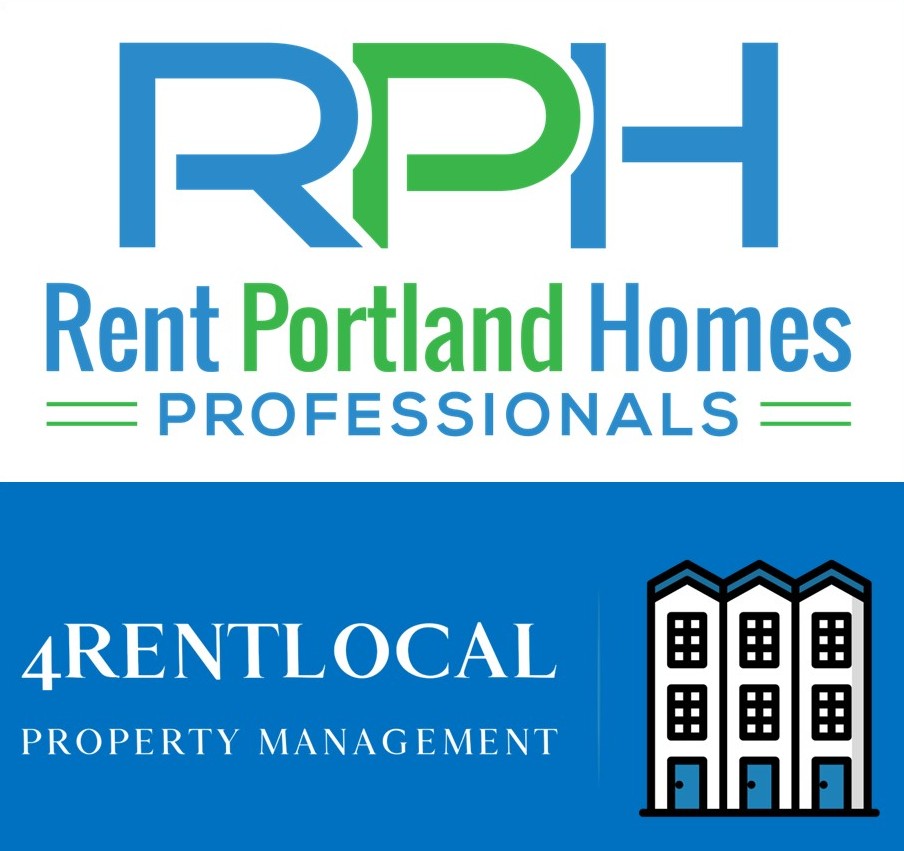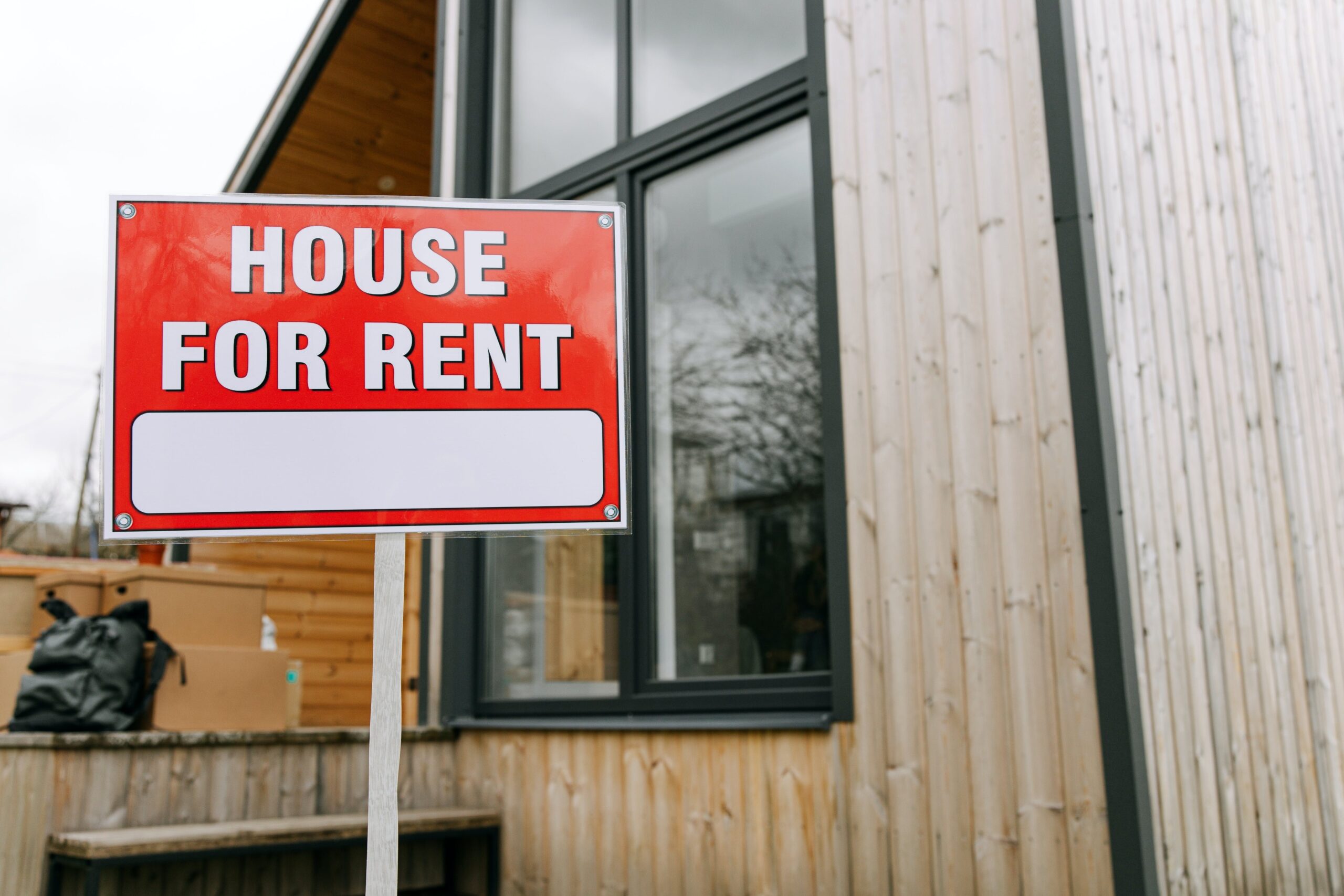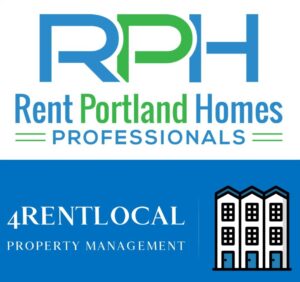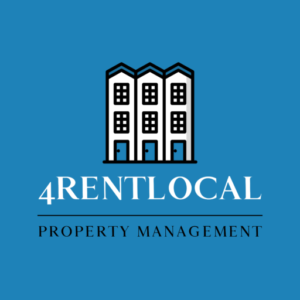Are you searching for the best ways to build generational wealth? Investing in rental real estate is the answer because it’s an asset that will always be in demand and generating cashflow.
Besides cashflow and generational wealth, there are a wide variety of other reasons to invest in rental real estate including the following:
Investing in rental real estate can be a lucrative and rewarding venture for various reasons. Here are some key reasons why individuals choose to invest in rental properties:

- Steady Income Stream: Rental properties can provide a consistent and predictable income stream through monthly rental payments. This income can be used to cover mortgage payments, property expenses, and generate positive cash flow.
- Appreciation: Over time, real estate tends to appreciate in value. Property values can increase due to factors such as market demand, improvements in the surrounding area, and overall economic growth.
- Tax Benefits: Real estate investors often benefit from various tax advantages. Deductions may include mortgage interest, property taxes, operating expenses, and depreciation. Consult with a tax professional to understand specific tax implications in your jurisdiction.
- Portfolio Diversification: Real estate provides diversification, helping investors spread risk across different asset classes. Diversifying a portfolio can help mitigate the impact of market fluctuations in other investment types.
- Leverage: Real estate allows investors to use leverage by financing a significant portion of the property’s purchase price through a mortgage. This amplifies potential returns, as the investor’s capital is working alongside borrowed funds.
- Control Over Value: Unlike other investment vehicles, real estate investors have some control over the value of their asset. Strategic improvements, renovations, and effective property management can enhance the property’s value and rental income.
- Inflation Hedge: Real estate is often considered a hedge against inflation. As the cost of living increases, rental income and property values may also rise, providing a degree of protection against the eroding effects of inflation.
- Tangible Asset: Real estate is a physical and tangible asset, which can be appealing to investors who prefer something concrete. Unlike stocks or bonds, you can visit and physically inspect your investment property.
- Demand for Rental Housing: In many markets, there is a consistent demand for rental housing. Factors such as demographic trends, lifestyle choices, and economic conditions contribute to the ongoing need for rental properties.
- Long-Term Wealth Building: Over time, as mortgages are paid down and property values appreciate, real estate can be a means of building long-term wealth. Rental properties can provide a source of passive income during retirement.
It’s important to note that while there are potential benefits, real estate investment also involves risks, such as market fluctuations, property management challenges, and economic downturns. Before investing, it’s advisable to thoroughly research the market, understand the associated risks, and potentially seek professional advice.
When it comes to investing in rental properties, there are several crucial factors that can significantly impact the success of your investment. Understanding these key factors and incorporating them into your investment strategy is essential for making sound investment decisions and mitigating risks. From local market dynamics to financial considerations and property management options, each aspect plays a pivotal role in the overall performance of your rental property investment. In the following sections, we will delve into each of these factors in detail, equipping you with the knowledge and tools to navigate the rental property market effectively.

UNDERSTANDING THE LOCAL REAL ESTATE MARKET
One of the primary considerations when investing in rental properties is gaining a thorough understanding of the local real estate market. The local market dynamics, including supply and demand trends, rental vacancy rates, and property appreciation potential, can significantly influence the success of your investment. Conducting comprehensive market research and analysis is crucial for identifying high-potential investment locations and making informed decisions. Additionally, staying updated on economic trends, employment opportunities, and infrastructure developments in the area can provide valuable insights into the growth prospects of the local real estate market.

FINANCIAL CONSIDERATIONS FOR RENTAL PROPERTY INVESTMENT
Before diving into the world of rental property investment, it’s essential to assess the financial aspects of the investment. From initial acquisition costs and financing options to ongoing expenses and potential rental income, a thorough financial evaluation is critical for determining the viability of the investment. Calculating the potential return on investment (ROI), factoring in property taxes, insurance, maintenance costs, and setting realistic rental rates are essential steps in the financial planning process. Moreover, considering the impact of interest rates, mortgage terms, and tax implications on your investment can help in formulating a robust financial strategy for your rental property investment.
CHOOSING THE RIGHT TYPE OF RENTAL PROPERTY
When considering rental property investment, selecting the right type of property is a crucial decision that can significantly impact the success of your investment. Whether it’s single-family homes, multi-unit properties, or condominiums, each property type comes with its own set of advantages and considerations. Factors such as location, target tenant demographics, and property maintenance requirements should be carefully evaluated when choosing the right type of rental property. Additionally, assessing the potential for property appreciation and rental demand in the chosen property type can help in making an informed investment decision that aligns with your investment goals.
PROPERTY MANAGEMENT OPTIONS AND CONSIDERATIONS
Effective property management is a key determinant of the long-term success of a rental property investment. As an investor, you have the option to either manage the property yourself or enlist the services of a professional property management company. Understanding the pros and cons of each option, including the time commitment, legal responsibilities, and maintenance oversight, is essential for making an informed decision. Additionally, exploring the range of property management services available, such as tenant screening, rent collection, and property maintenance, can help in identifying the right property management approach that suits your investment strategy.

THE ROLE OF A PROPERTY MANAGER
In the realm of rental property investment, the role of a property manager is instrumental in ensuring the seamless operation and maintenance of the investment property. A proficient property manager takes on the responsibilities of tenant communication, property maintenance, rent collection, and legal compliance, allowing you to focus on the strategic aspects of your investment. When engaging a property manager, it’s essential to conduct thorough due diligence, assess their track record, and understand their fee structure and service offerings. A reliable and experienced property manager can provide peace of mind and contribute to the overall success of your rental property investment.
EVALUATING POTENTIAL RENTAL PROPERTIES
The process of evaluating potential rental properties involves conducting a comprehensive property analysis to assess their investment potential. Factors such as property condition, location, rental market demand, and potential renovation or improvement opportunities should be meticulously evaluated. Utilizing tools such as comparative market analysis, property inspection, and rental market surveys can provide valuable insights into the investment viability of potential rental properties. Additionally, considering the long-term appreciation potential and rental income growth prospects of each property can aid in identifying high-performing investment opportunities within the rental property market.
LEGAL AND REGULATORY CONSIDERATIONS FOR RENTAL PROPERTIES
Navigating the legal and regulatory landscape is a critical aspect of rental property investment. Familiarizing yourself with landlord-tenant laws, fair housing regulations, and property maintenance requirements is essential for ensuring compliance and mitigating legal risks. Additionally, understanding the eviction process, lease agreements, and property insurance requirements can provide a solid foundation for managing legal aspects related to your rental property investment. Seeking guidance from legal professionals or real estate advisors can further enhance your understanding of the legal considerations and obligations associated with owning and managing rental properties.

CONCLUSION AND NEXT STEPS
In conclusion, investing in rental properties can offer a promising avenue for generating passive income and building long-term wealth. By carefully considering the key factors discussed in this guide, including local market dynamics, financial considerations, property management options, and legal considerations, you can make informed investment decisions and maximize the potential of your rental property investment. As you embark on your journey as a rental property investor, it’s crucial to continue learning, staying updated on market trends, and leveraging professional expertise to navigate the dynamic landscape of real estate investment. With the right knowledge and strategic approach, rental properties can serve as a rewarding and sustainable investment vehicle for long-term wealth creation.
More

At 4 Rent Local, our team saves busy owners the time, money and hassle of managing their rental properties themselves.
To learn more about our services, contact us today, or call us at (503) 447-7788 you will be glad that you did!



































